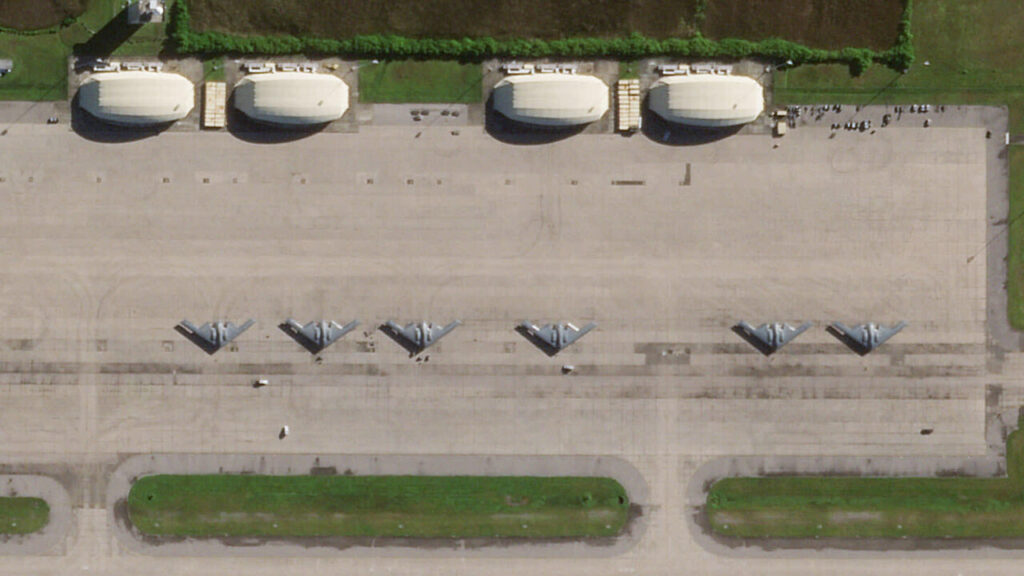TEHRAN – As US President Donald Trump amplifies threats to Iran and orders military stances in West Asia and beyond, the Israeli regime and the influential Zionist figures have largely shaped his support for Tel Aviv’s atrocities in Gaza and military action in Yemen.
At the same time, an unprecedented coalition of American voices (a conservative, progressive, libertarian perspective) calls for immediate halts of what they believe is an increasingly dangerous trajectory.
Their message is clear. Military action against Iran destabilizes Western Asia, emits American resources, and prioritizes foreign agendas over domestic needs.
They warn that the possibility of a war with Iran is not only incompatible with our interests, but also opposed.
From Carlson to CodePink
Influential figures across the political spectrum amplify calls for restraint.
Tucker Carlson reportedly shook Trump’s decision to escalate after Iran fired down a US surveillance drone that violated Iran’s airspace, Tucker Carlson reportedly issued dull social media b-back on Monday.
His criticism has been seen millions, highlighting the growing conservative disillusionment with interventionism.
According to independent journalists, “nothing is destructive” for the United States than engaging in a war with Iran.
“This is a suicide. Anyone who claims conflict with Iran is not an alliance of the US, but an enemy,” Carlson writes.
Progressives like Codepink’s Medea Benjamin reflect this urgency.
Meanwhile, libertarian stubborn Ron Paul, who served as US representative for Texas for multiple terms and twice as a Republican candidate, denounced the White House Pivot for escalation.
The cost of catastrophe
The economic sacrifices of war are looming. The Iraq-Afghanistan conflict costs at least $6 trillion, and analysts warn that advanced missile and drone systems could warn these figures, with the exception of a population of around 90 million.
The country also demonstrates unparalleled strategic talent by skillfully protecting Hormuz’s important channels.
Fires in that strategic area could skyrocket oil prices and lead to lockdowns or conflicts that will lead to destabilizing economies around the world.
American conservative Kurt Mills said, “Strikes fuse Afghan mountains and Iraqi city hell with local catastrophes.”
Human costs are equally disastrous. Retired Army Colonel Douglas McGregor and former Pentagon advisers warned that attacking Iran could give birth to the “Isis Times One Hand,” paving the waves that sparked waves of extremism.
Other commentators also pointed out other factors, such as the difficulty of Iran’s urban battles.
Protected by natural fortresses like the rugged Mount Alborz and the vast Zagros Mountains, Tehran will pose a major challenge for any invasion.
Furthermore, Ayatollah, a senior Iranian official, including Ali Larijani, the leader of the Islamic Revolution, warned Ali Khamenei, who had stolen Ali Khamenei, that a military strike could quickly pursue its nuclear program and potentially develop nuclear weapons for self-defense. It only strengthens the risk of nuclear proliferation, further complicating efforts to diplomatic resolution.
The influence of Israel and the shadow of Iraq
Critics also argue that outside actors are driving escalation, not our interests.
Israeli Prime Minister Benjamin Netanyahu is looking for “military options” and “the Libyan model.” Hawkish and new-conservative US officials, including Sen. Tom Cotton and national security adviser Mike Waltz, are using the game frequently.
Independent Pulitzer Prize-winning journalist and author Glenn Greenwald accused of “the toxic fusion of think tank warmers and foreign-funded PACs calling for conflict.”
“Is Trump a big name that bombed Iran after running an anti-war campaign? That’s Cheney’s move. It’s going to fight him perfectly, and just to please Israel.”
“The pressure comes from Israel,” Nick Fuentes, a nationalist American political commentator labelled far right by western media, added that the administration “helped Trump with the goal of producing the entire crisis and destroying Iran.”
Historical similarities with the Iraq War also plague the debate. Foreign policy analyst Scott Horton said, “The lies sold the Iraq war. Similar tactics are being adopted against Iran now.”
Critics like Carlson question the threat story, with zero Iran-linked deaths to US soil.
The call for peace goes beyond political and media circles. Public figures like comedian Rob Schneider resonate widely throughout America, the message “There is no war with Iran!”
The anti-war coalition argues that dialogue, not ultimatum, must win. Alternatives – War – introduces only doom. As the American Conservatives warned, “War with Iran is the road to destruction.”

